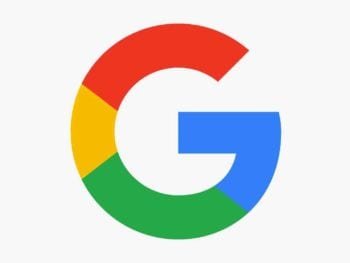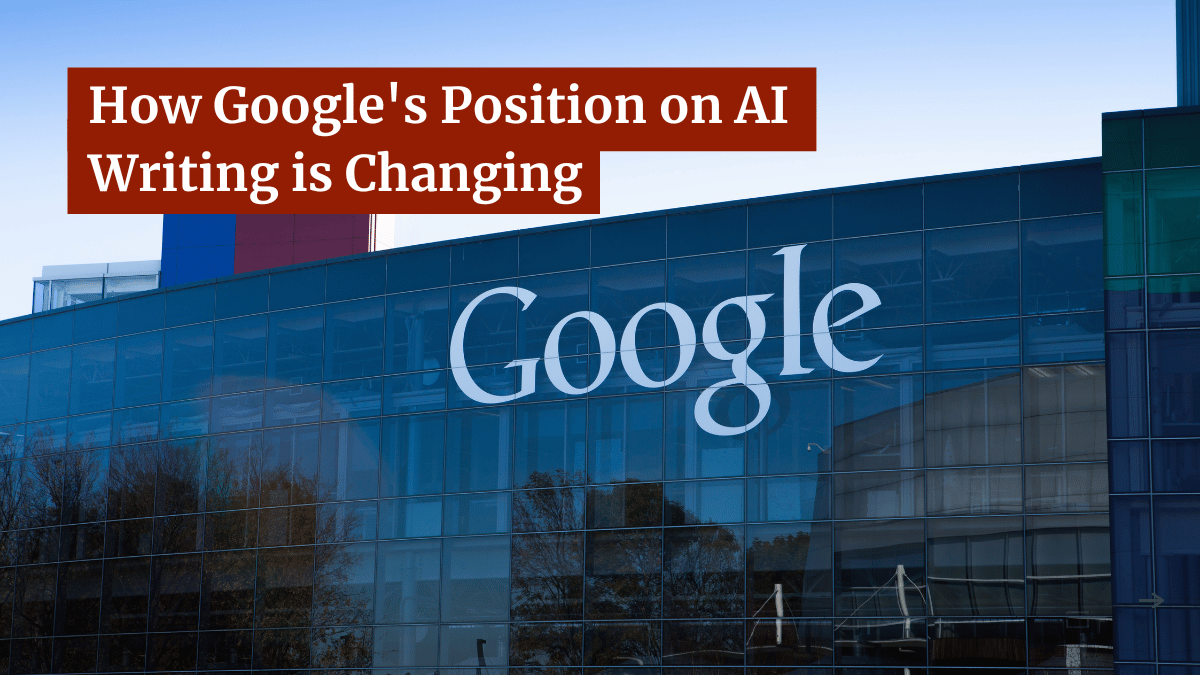The Changing Landscape of AI and SEO

There’s not much doubt that artificial intelligence is the tech story, the copyright story and plagiarism story of both this year and last.
Though the limitations of AI are still legion, in particular when it comes to being factually accurate and avoiding plagiarism, there’s not much doubt that it is easier than ever to generate large amounts of text, images, video and audio.
Those impacts, for better or worse, are being felt in nearly every space. Schools are concerned about students using ChatGPT or similar systems to generate papers, news organizations have been criticized for not properly disclosing AI writing, and the Writer’s Guild of American is looking at setting rules around its use in mainstream media.
Simply put, the legal and ethical standards around the use of AI are still being settled and much is uncertain at this time.
Nowhere is that more evident than in the world of search engine optimization (SEO).
SEO practitioners have a hunger for original content that is unmatched on the internet. Black hat SEOs, in particular, have a long history of copying, manipulating and editing content in questionable ways to win the content arms race.
However, those techniques have long run afoul of Google, who has worked to minimize their presence in search results. This has included penalizing and even de-indexing sites that have large amounts of questionable content.
So, this raises a simple question: How does Google feel about AI-generated work?
The answer, it seems, is also in flux.
Google’s Changing Position
In April 2022, Google made one of its first and most prominent statements about the use of AI generated text in the search results.
There, Google’s search advocate John Mueller explained that AI-generated content was considered to be “automatically generated,” which means that it is a form of spam that can be penalized.
However, he added that Google can’t necessarily detect when something is AI-generated (though that is likely less true now). Still, he noted that they could and would take manual action if needed.
This position was mirrored closely by those working for AI companies at the time. As articles from AI advocate during that period highlighted. They said that using AI was probably fine, but only if the work was properly edited and provided value for users. That, in turn, defeated a lot of the purpose of using AI text to begin with.
By October 2022, tests seemed to show that Google did indeed apply penalties to AI-generated text, causing significant drops in search rankings. This led to the advice that AI was best used to augment human-written text rather than generate new content.
However, it appears that Google has softened that position in recent months.
Back in January, Google Search public liaison Danny Sullivan said that Google “focuses on the usefulness of content, rather than how the content is produced.” This statement was in direct response to the CNet controversy, where the company was caught publishing plagiarized and non-truthful articles written by an AI without disclosure.
This was supported by a post on the Google Search Central blog in February, which said that, while using AI in an attempt to manipulate search results was still a violation of their spam policies, that quality and useful content would not be penalized, even if it was automatically generated.
However, that turn shouldn’t be a huge shock as February was also when Google introduced its own AI, Bard. Taking too harsh of a stance against AI writing would probably not have been in Google’s own interest.
Google also didn’t take a firm stance on AI disclosures, saying that webmasters should, “Consider adding these when it would be reasonably expected.” However, as we’ve discussed, those norms are still being settled, and it is unclear when, or even if, they are expected by most readers.
In the end, Google’s stance on AI and SEO is very much in flux, and it’s likely that we won’t have any solid answers for months or even years.
Google’s Long War Against Generated Content
To be clear, Google has a long history of trying to prevent or minimize generated content from appearing in search results.
Going at least as far back as 2004, spammers were using “article spinning” software to generate “new” content with the intent of gaming search results. These tools would work by taking content, whether sourced legally or illegally, and then swap words with synonyms to generate content that appeared new, but was generally seen as low quality.
This changed drastically in early 2011 as Google introduced a major update to its algorithms that not only penalized spinning, but also targeted “content farms” that hired low-paid authors to produce large amounts of low-quality content.
However, those techniques began to make something of a comeback in early 2020. This was partly because the algorithm changes became less effective, and partly because of the sheer quantity some spammers were putting out.
But AI puts Google in a difficult position. Not only has Google invested heavily in its own AI system, but AI-generated text is different from the techniques that were used in the decades past.
Whether it was content scraping, content spinning or even using short passages from various sites to cobble gibberish content that appeared to be new, all of this content was either unoriginal, low quality or both. AI-generated content, at least in some cases, has the potential to be both original (ignoring the fact it was trained on copyright-protected content) and useful to readers.
Google isn’t likely to take the stance against AI-generated content that it did with scraped, spun or cobbled together content. Not only would that be shooting themselves in the foot, but it wouldn’t serve their stated mission of giving users the best results possible.
That said, I don’t think that Google is necessarily firing the starting pistol on the AI SEO land rush. That is, at least not yet.
Bottom Line
Google’s official stance on AI has become much more nuanced. Where it once lumped AI-generated content with other spam content, now it’s trying to take a neutral stance where it judges the output, not the source.
If I were a webmaster looking to use AI, I would be very cautious. The studies from October seem to show that Google can detect what is and is not AI-generated content. This makes sense as tools to detect AI writing have been coming online in recent months, and it would be odd if Google were not implementing them.
Any use of AI writing needs to be coupled with thorough editing including fact checking, plagiarism checks and general style/tone checks. As impressive as AI can be, it can also go horribly off the rails, spitting out content that is directly copyright infringing, wildly inaccurate and, at times, unintelligible.
The potential harm of those issues go well beyond search engine rankings, as the CNET case proved.
Given how much hand holding AI takes right now, it’s tough to see how it is a significant improvement over human authors, at least in this stage. Though the technology is likely to improve, it’s likely never going to be completely free of these limitations.
As such, most are still likely much better off writing their own content and using AI for tasks related to it. Simply put, humans are still much better at writing original, accurate and intelligible content than an AI and those are the things Google says it is looking for.
That may change, but the technology is going to have to make some major advancements before it can truly be let loose.
Want to Reuse or Republish this Content?
If you want to feature this article in your site, classroom or elsewhere, just let us know! We usually grant permission within 24 hours.
